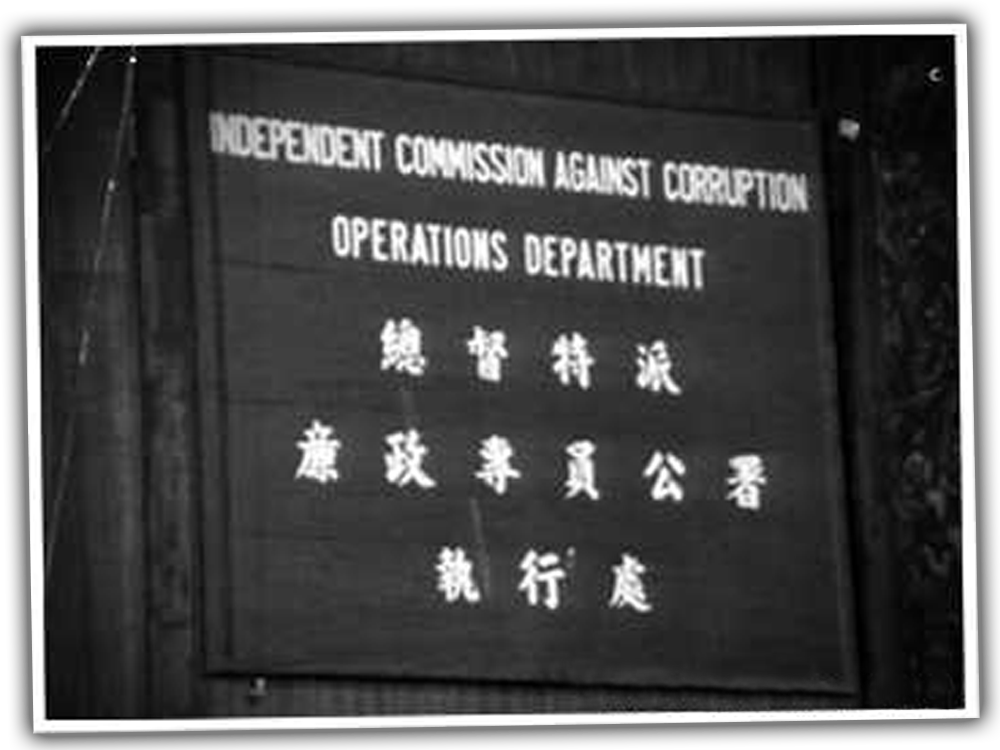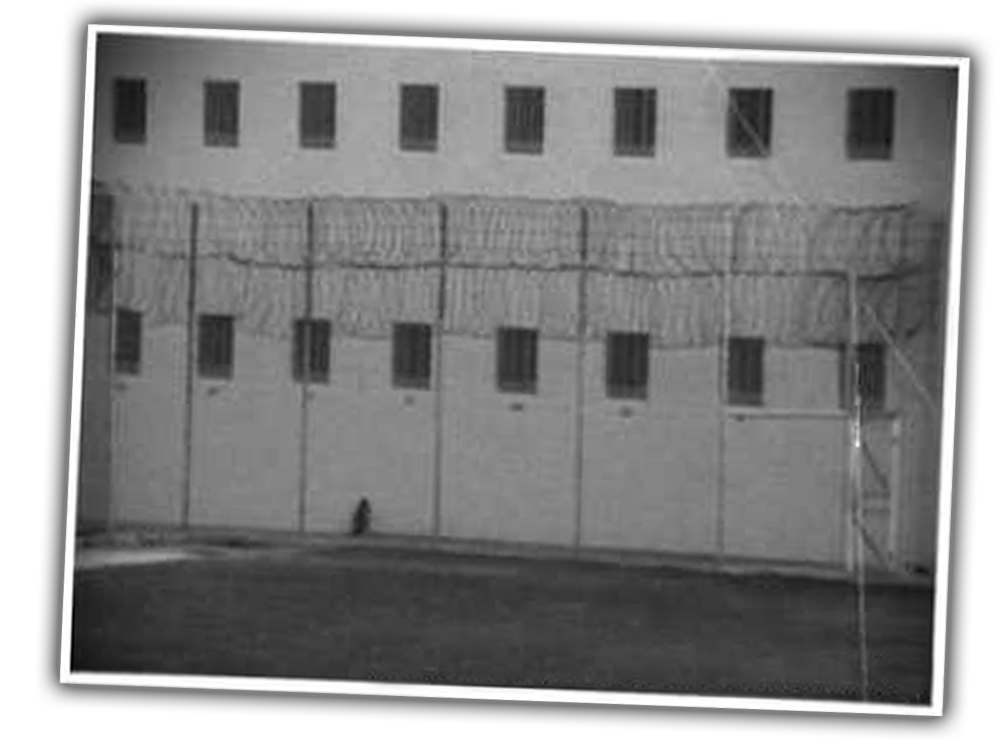

Indelible Memories
The ICAC office was small in the early years. Facilities were primitive and there wasn’t even a detention centre. When nearly 100 people were arrested in one swoop, we had to use our colleagues’ offices to detain, interview and question suspects. All the suspects were released on bail after the preliminary inquiry.
Taking statements day in and day out from witnesses inside a prison for several months is something I can hardly forget!
We were witnessing the twin evils of corruption and drug addiction. Driven by greed, some law enforcement officers, a few of them also addicted to drug, abused their authority and sheltered drug traffickers.
We were all at our wits' end when the government announced the partial amnesty. On one hand, we reasoned that the move was something the government needed to do to calm the situation down given that corruption was common amongst in law enforcement officers at that time. But on the other, we couldn't help feel disappointed and disheartened. If not for the staunch public support, we could have become disillusioned. Public expectations and support of the ICAC sustained our fighting spirit during those moments of doubt.
After the arrest operation, I needed to go to a police station with my supervisor, where I was thrown at with verbal abuses of all sorts. It was a bitter experience for a young and inexperienced investigator like me. I had to keep reminding myself to 'stay calm and restrained' before it was finally over.
To crack down on syndicated corruption was one of the main tasks of the Operations Department of the ICAC. It was a great honour for me to have been able to take part in such a major case. The ICAC was about three years old when the case came to light and the investigators were also green and inexperienced. The investigation owed much of its success to the seamless teamwork of the investigators who never flinched in their support of one another.